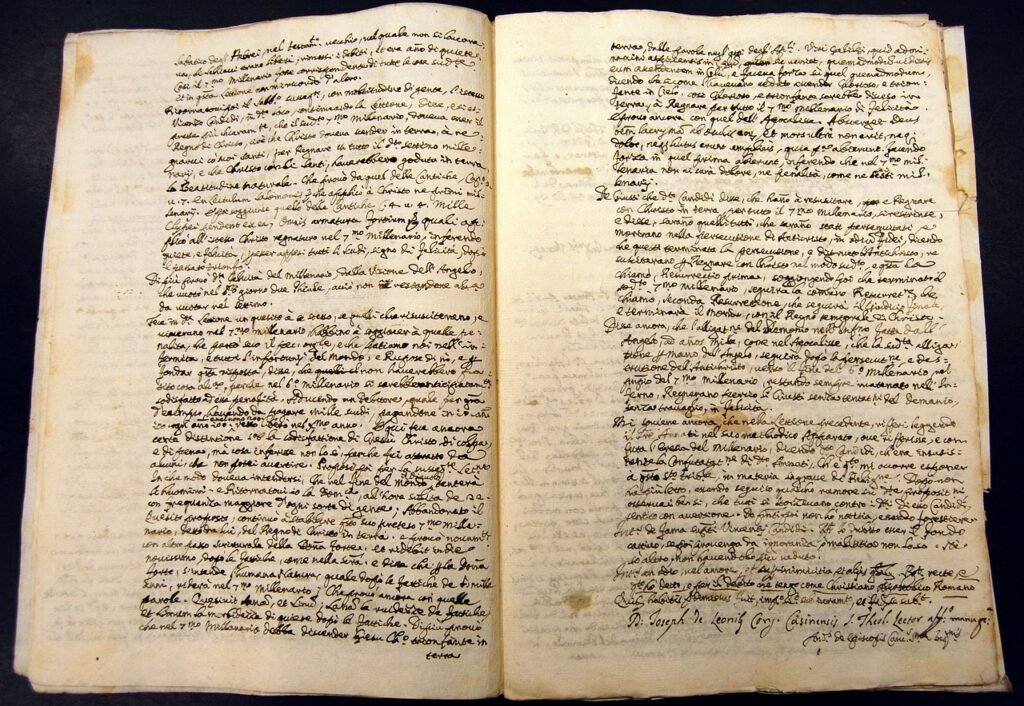




Henry Wilson
Henry Wilson (1812–1875), the 18th Vice President of the United States, was a pivotal figure in 19th-century American politics. Known for his unyielding opposition to slavery, his dedication to labor reform, and his advocacy for equality, Wilson’s career spanned a transformative period in American history.
Early Life and Education
Henry Wilson was born Jeremiah Jones Colbath on February 16, 1812, in Farmington, New Hampshire. His family was impoverished, and at the age of 10, Wilson was indentured to a local farmer, serving until he turned 21. During this time, he endured grueling labor but developed a deep appreciation for education and self-improvement. He read extensively, focusing on history, politics, and biographies of influential figures (Nason & Russell, 1876).
At 21, Wilson changed his name and moved to Natick, Massachusetts, seeking new opportunities. There, he worked as a shoemaker and became known as the “Natick Cobbler.” While working long hours, he continued to educate himself, attending Phillips Exeter Academy briefly in the 1830s. Wilson’s early struggles instilled in him a strong sense of empathy for the working class, shaping his future political philosophy (McFeely, 2002).
Entry into Politics
Wilson’s political career began in the Massachusetts state legislature, where he served in both the House of Representatives (1841–1852) and the Senate (1852–1855). Initially a member of the Whig Party, Wilson became disillusioned with its failure to take a firm stand against slavery. He joined the Free Soil Party in 1848, aligning himself with abolitionists who sought to prevent the expansion of slavery into new territories (Nason & Russell, 1876).
Wilson’s commitment to abolitionism was evident in his speeches and legislative actions. He condemned the Fugitive Slave Act of 1850 and actively supported the Underground Railroad, aiding escaped slaves on their journey to freedom. His passion for social justice and equality earned him a reputation as a moral leader in Massachusetts politics (Gara, 2006).
National Political Career and the Republican Party
In 1855, Wilson was elected to the U.S. Senate as a Free Soiler. Shortly afterward, he joined the newly formed Republican Party, which united former Whigs, Free Soilers, and anti-slavery Democrats. Wilson quickly emerged as one of the party’s leading voices against slavery, advocating for the repeal of pro-slavery laws and the promotion of equal rights (McFeely, 2002).
Wilson’s Senate career coincided with the nation’s descent into civil war. He played a crucial role in drafting and supporting legislation aimed at preserving the Union and eradicating slavery. As chairman of the Senate Committee on Military Affairs during the Civil War, Wilson worked tirelessly to mobilize resources, improve the organization of the Union Army, and ensure the welfare of soldiers. His efforts were instrumental in shaping the Union’s military policies (Trefousse, 1975).
Contributions to Abolition and Civil Rights
One of Wilson’s most enduring legacies is his unwavering commitment to the abolition of slavery and the promotion of civil rights. He was a key supporter of the 13th Amendment, which abolished slavery, and the 14th Amendment, which guaranteed equal protection under the law. Wilson also backed the 15th Amendment, ensuring voting rights for African American men (Gara, 2006).
In addition to his legislative achievements, Wilson authored several influential works on the history of slavery in America, including History of the Rise and Fall of the Slave Power in America (1872–1877). This three-volume series provided a detailed account of the institution of slavery and its impact on the nation, solidifying Wilson’s reputation as a scholar and moral crusader (McFeely, 2002).
Vice Presidency
In 1872, Wilson was elected Vice President of the United States on the Republican ticket with President Ulysses S. Grant. The Grant-Wilson campaign emphasized Reconstruction, civil rights, and economic growth, reflecting the priorities of the Republican Party during this era (Trefousse, 1975).
As Vice President, Wilson faced challenges related to his health, which had begun to decline. Despite this, he remained active in supporting Reconstruction policies and advocating for the rights of freedmen. His speeches and public appearances often focused on themes of unity, equality, and justice, underscoring his lifelong dedication to these principles (Nason & Russell, 1876).
Challenges and Declining Health
Wilson’s tenure as Vice President was marred by personal health struggles. In 1873, he suffered a stroke that left him partially paralyzed. Despite his condition, he continued to fulfill his duties as Vice President, presiding over the Senate and offering guidance on critical legislative matters (Gara, 2006).
Wilson’s declining health limited his ability to play a more prominent role in the Grant administration. Nevertheless, he remained an influential figure, particularly on issues related to Reconstruction and civil rights. His perseverance in the face of adversity reflected his deep sense of duty and commitment to public service (McFeely, 2002).
Death and Legacy
Henry Wilson died on November 22, 1875, while still serving as Vice President. His death marked the end of a remarkable career dedicated to advancing social justice, equality, and the abolition of slavery. He was mourned as a statesman of integrity and compassion, whose contributions to American society extended far beyond his political achievements (Nason & Russell, 1876).
Wilson’s legacy is defined by his tireless advocacy for the rights of the oppressed and his efforts to create a more just and equitable nation. As a champion of abolition and civil rights, he helped to shape the moral and political trajectory of the United States during one of its most challenging periods. His life serves as a testament to the power of perseverance, integrity, and dedication to the principles of liberty and equality (Gara, 2006).
Final Summary
Henry Wilson’s life and career exemplify the transformative power of dedication to justice and equality. From his humble beginnings as a shoemaker to his role as Vice President of the United States, Wilson consistently championed the rights of the marginalized and fought against the institution of slavery. His contributions to the abolitionist movement, his legislative achievements during the Civil War, and his advocacy for Reconstruction policies underscore his enduring impact on American history. Despite personal hardships and health challenges, Wilson remained steadfast in his commitment to creating a nation founded on the principles of liberty and equality for all.
References
Gara, L. (2006). The Presidency of Ulysses S. Grant. Lawrence: University Press of Kansas.
McFeely, W. S. (2002). Grant: A Biography. New York: W. W. Norton & Company.
Nason, E. H., & Russell, T. (1876). The Life and Public Services of Henry Wilson. Boston: B. B. Russell.
Trefousse, H. L. (1975). Reconstruction: America’s First Effort at Racial Democracy. New York: Harper & Row.
Zarefsky, D. (1990). Lincoln, Douglas, and Slavery: In the Crucible of Public Debate. Chicago: University of Chicago Press.
